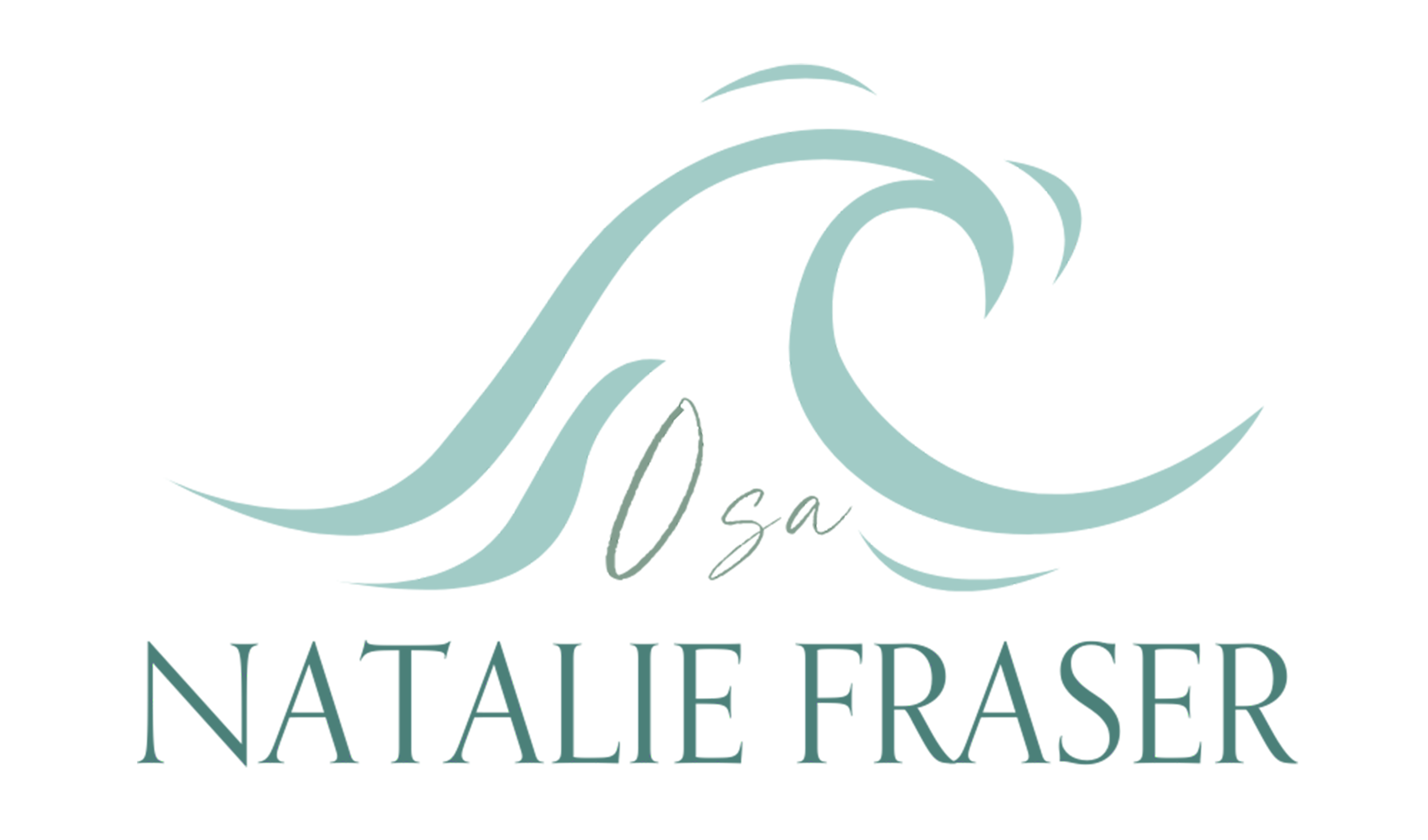Frequently Asked Questions About Energy Healing and Reiki
Explore the history and principles of reiki and energy healing.
Find out how to find a qualified practitioner and understand the role of cultural beliefs and practices in reiki and energy healing.
Discover how reiki and energy healing compare to modern medicine and how these practices are regulated in different countries.
-
Reiki is a form of energy healing that originated in Japan. It involves the transfer of universal life energy, or "chi," from the practitioner to the recipient through the use of touch or intention. During a reiki session, the practitioner places their hands on or near the recipient's body to channel energy into specific areas.
It is believed that this energy can help to restore balance and promote healing on physical, mental, and emotional levels. Reiki is often described as a holistic practice that can support overall well-being and can be used alongside other forms of healthcare. -
Reiki and energy healing are believed to have a range of potential benefits, including stress reduction, improved sleep, and relief from pain and other physical symptoms. These practices may also be helpful for promoting emotional balance and well-being. Many people find that reiki and energy healing can help to improve their overall sense of relaxation and well-being.
It's important to note that the effectiveness of reiki and energy healing can vary and that these practices should not be used as a substitute for medical treatment. It's always a good idea to discuss the use of any complementary or alternative therapies with your healthcare provider. -
Yes, reiki and energy healing can often be used alongside modern medicine to support overall health and well-being. Many people find that these practices can be helpful for addressing physical or emotional symptoms that may not be effectively treated with conventional medical approaches alone. It's important to note that the effectiveness of reiki and energy healing can vary and that these practices should not be used as a substitute for medical treatment.
-
Reiki and energy healing are generally considered to be safe practices when performed by a trained and qualified practitioner. There are typically no known risks or side effects associated with these practices.
However, it's always a good idea to discuss the use of any complementary or alternative therapies with your healthcare provider to ensure that they are safe and appropriate for your individual situation. -
There are several ways you can find a qualified reiki or energy healer:
Ask for recommendations from friends, family, or healthcare providers who have had positive experiences with reiki or energy healing.
Check with professional organizations or regulatory bodies in your area to find practitioners who are licensed or certified.
Look for practitioners who have completed formal training programs or apprenticeships and who have experience working with clients.
Consider the practitioner's reputation and ask for references or testimonials from previous clients.
Discuss the practitioner's qualifications and experience during an initial consultation to ensure that they are qualified and reputable.
Be aware that the regulation and oversight of reiki and energy healing can vary by location, and it's always a good idea to do your own research and be cautious when considering any new treatment.
-
Reiki and energy healing practices can vary significantly from one culture to another. Some cultures may have a long history of using these practices and may have developed their own unique traditions and techniques. In other cases, reiki and energy healing may be more recently introduced to a culture and may be influenced by the cultural and social context in which they are practiced. In some cultures, reiki and energy healing may be closely tied to spiritual or religious beliefs, while in other cultures these practices may be more secular in nature.
-
Reiki and energy healing may be used to treat a wide range of conditions and symptoms. Some people find that these practices can be helpful for reducing stress and anxiety, improving sleep, and relieving pain and other physical symptoms. Reiki and energy healing may also be helpful for promoting emotional balance and well-being.
-
The regulation of reiki and energy healing can vary significantly from one country to another. In some countries, these practices may be regulated by professional organizations or regulatory bodies, similar to the way that modern medicine is regulated. In other cases, reiki and energy healing may be less regulated or may not be regulated at all. The extent to which reiki and energy healing are regulated may depend on a variety of factors, including the specific practice, the cultural context in which it is practiced, and the laws and policies of the country in which it is practiced. It's always a good idea to research the regulation and oversight of any reiki or energy healing practices you are considering to ensure that they are being practiced safely and ethically.
